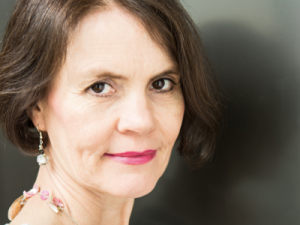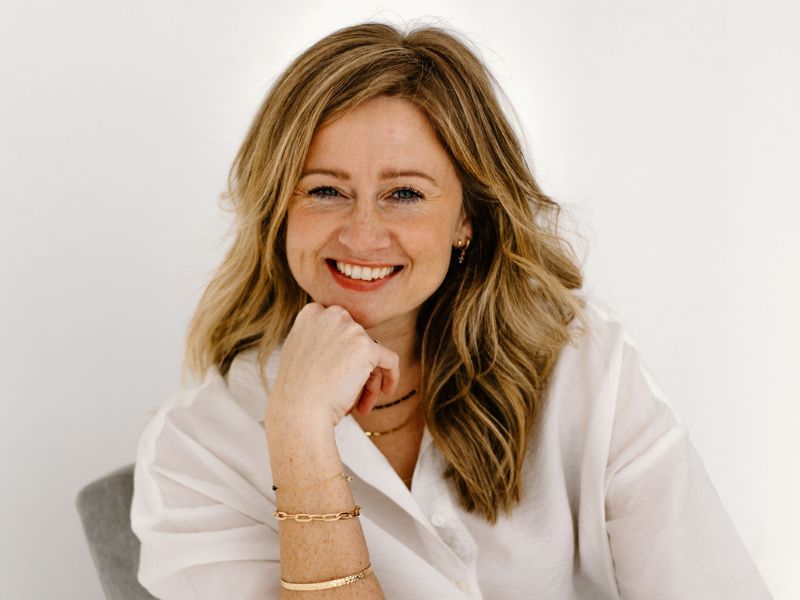Did you ever sit down and plan your career?
 No, never. I’ve always been alert to opportunities, and I find a lot of different things exciting, so I’ve never felt that I have a set path to pursue. I’m also quite instinctive about opportunities that will prove to be important and make a real difference to my career. That certainly happened when I started to do more and more teaching at Guildhall and became invested in how best to support students, each and every one of them, on their individual career trajectories.
No, never. I’ve always been alert to opportunities, and I find a lot of different things exciting, so I’ve never felt that I have a set path to pursue. I’m also quite instinctive about opportunities that will prove to be important and make a real difference to my career. That certainly happened when I started to do more and more teaching at Guildhall and became invested in how best to support students, each and every one of them, on their individual career trajectories.
Have you faced any challenges along the way and if so, how did you deal with them?
a) I came to my first huge challenge when I lost my first set of twins prematurely at 24 weeks’ gestation. I felt completely lost, couldn’t understand why this had happened. What came out of it was a very powerful sense that I needed to do something important in my life. At that point I was freelancing as an oboe player, enjoying myself but moving from one gig to the next. In the aftermath of losing twins, I decided I wanted to retrain as a medic. I started to study A Level Chemistry and Biology. This was really tough, so different from my existing experience. I then got pregnant again with twins, but I carried on studying and even got a place at St. Mary’s to do Medicine. But then my twins were born, and it became clear to me that I wouldn’t be able to manage looking after three small children and doing the degree and earning a living. But the whole experience did set me on a path of making a difference, and I don’t think I’ve ever left that behind.
b) I’ve faced lots of challenges in developing new areas of work at Guildhall, for example expanding the research and spearheading the Creative Entrepreneurs programme to help performing artists develop sustainable businesses. Innovation often meets resistance, particularly in institutions dedicated to deep traditions and technical crafts/skills. I’ve had to be inventive, finding different ways to engage people, get the key messages across in ways that would connect to people, be patient and persistent, build on successes and look for the next steps.
What advice would you give someone who wishes to move into a leadership position for the first time?
Check your motivation – what makes you want to lead. I’d say it’s always better to work towards goals of service or shared endeavour rather than things relating to personal status etc. And work out what your strengths are as a leader – develop these as much as you can. Make sure you get feedback, regularly and from people you trust – listen carefully and learn from it.
On a typical workday, how do you start your day and how does it end?
I try to start with at least 20mins of time early in the morning focusing on me – going for a run, doing some yoga or meditating. It’s a time to look after myself, check in with how I am. It’s also often a time when all kinds of ideas come to me, and I’ll make sure I’ve got a picture of the day ahead: logistics and key things to be aiming for. At the end of the day I want to reflect a bit and relax. In practice, I’m often picking up bits of work until late into the night – not good – but when things go well I’ll take some time to go back over the day, note things that I need to follow up, and finish with acknowledging some of the successes to myself.
Is work-life balance achievable for you? If so, what is your advice to others?
I think the key thing is to work out what this means to you. Sometimes I think we’re supposed to believe that there’s a right answer to work-life balance, but I think it completely depends on what you’re really looking for and how much energy you have. And, for all of us, it’s something that changes over time. I know, for example, that I am someone who needs to pursue new ways to develop as a professional and to contribute to renewing conservatoire practices. A lot of my time is focused on this, one way or another, and I won’t find a balance without it in some form. Other things then need concentrated times of full attention. But what works this year won’t be the same next year.
How have you benefited from coaching or mentoring?
At a personal level, it’s hugely important. Very much about building a space in which to think creatively, reflect, and work things through. It’s a great way to take more ownership of my own work and development in a supported way. We implemented a programme for sixty members of Guildhall’s staff called “The Coaching Approach” to address mentoring in the workplace. Already the impact the programme has had on the staff doing the coaching and mentoring, as well as the students, is clear. It’s giving us all perspectives on our own professional careers as artists, educators and leaders. It’s changing the way we think and interact in our personal lives too.
What are you most proud of having achieved?
Probably my contribution to the conservatoire sector as a whole, helping to transform the core of the practices we use with students, to develop our approach to reflect the needs of contemporary performing artists, and having the courage to try new things and get them going, rather than sitting around talking about the problems and wondering how to fix them. I’m also really proud of empowering others, helping to draw out the best in them.
How would you describe your leadership style?
Collaborative and gritty. I believe enquiry should be at the heart of leadership but all too often leaders are praised for decisiveness, not exploration. Bringing about an organizational transformation requires something exceptional beyond the tried and tested, the industry best practice or the opinions of just one person. Open enquiry requires people to go beyond talking about tasks, allowing themselves to make connections between people and ideas ‘off-topic’ to bring out resourcefulness. True leadership is the art of gathering the right people together, asking the right questions and having the judgement to recognize that an idea is worth exploring.
What does the future hold for you?
I want to see performing artists really taking up their potential to be leaders in society. There are lots of different ways to do this, but this is a really important moment for the arts to reignite its potential as a universal thread that connects us as human beings and helps us to understand and make sense of our experiences in the world. I want each and every artist to have a stronger sense of how they can lead through their practice, and to be empowered to do this. Building new creative businesses is certainly a part of this. It’s also essential that young people in the arts recognise the power that they have (which they often don’t when they’re not well paid) to move people and to make a difference.








